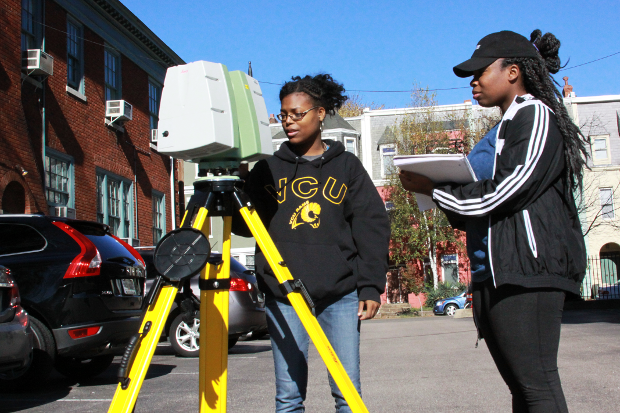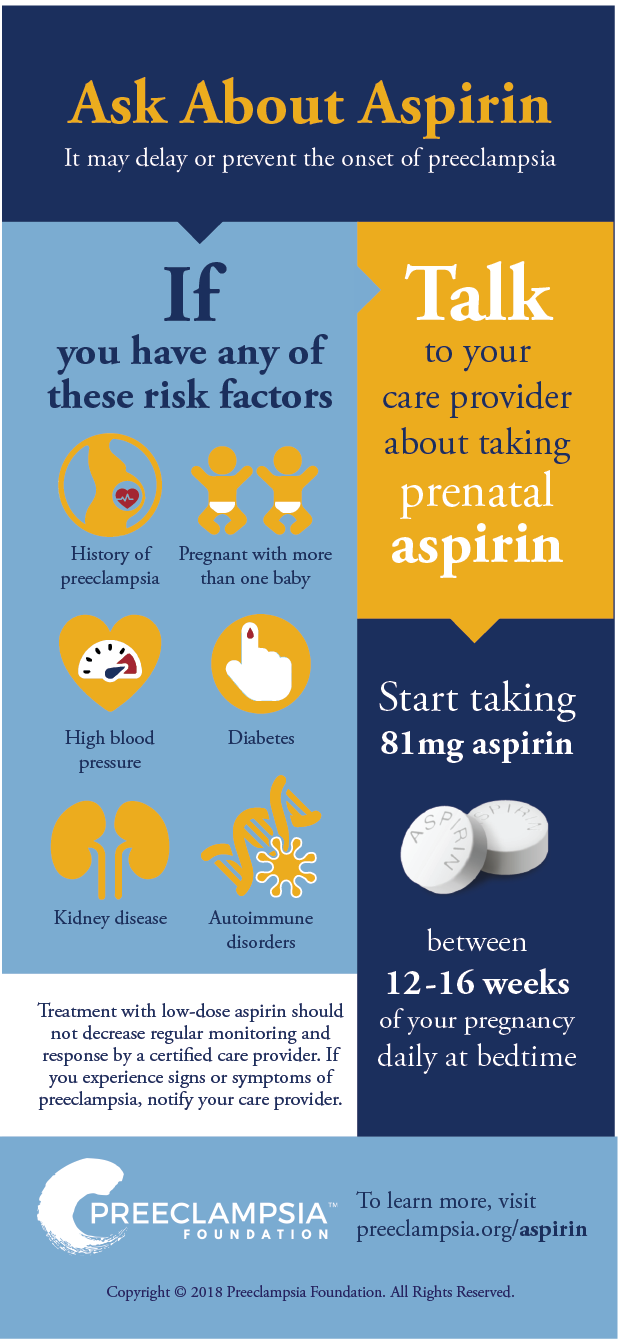But around 12 of women actually experience antenatal or prenatal depression depression that occurs during pregnancy. Worrying or feeling overly anxious.
 Depression During Pregnancy Increasingly Present In Millennials
Depression During Pregnancy Increasingly Present In Millennials
Can depression during pregnancy affect you and your baby.

Is depression common in pregnancy. This number increases to about 10 1 in 10 for women who are pregnant. And 50 to 80 of women with postpartum depression. Relationship problems Family or personal history of depression Infertility treatments Previous pregnancy loss Stressful life events Complications in pregnancy History of abuse or trauma.
Depression and Anxiety More Common in Pregnancy The rates of prenatal depression and anxiety are almost double those in the postpartum period. Around 6 of all women are likely to experience depression during their lives at some point but the number increases to 10 in pregnant women. Feeling depressed or miserable consistently for most of the day and for most days of the week feeling irritable angry or anxious a lot of the time increased crying sometimes for no apparent reason.
But depression is an illness not a choice. What are the possible triggers of depression during pregnancy. We might be more used to hearing mention of postnatal depression.
1 Its estimated that about 1 in 7 pregnant women is depressed says Katherine L. Nearly 13 percent of women meet the diagnostic criteria for depression during pregnancy and up to 37 percent say they experience depressive symptoms at some point while expecting according to. The truth is pregnancy depression is common more so than you might think.
There are many different factors that can add to your risk of developing depression during your pregnancy. Feeling distant from your baby. Depression in pregnancy affects up to 10 of women with higher rates in low and middle income countries a rate only slightly lower than in the postpartum period1 2 Yet as few as 20 of pregnant women with depression receive adequate treatment3 4 This is problematic because depression can profoundly affect a womans sense of wellbeing relationships and quality of life.
Clinical depression is unlikely to go away without treatment but there are many effective options. Well thats completely normal. Depression during pregnancy increases your risk for.
Not taking care of yourself. Thinking about hurting yourself or your baby. During pregnancy hormone changes can affect brain chemicals and cause depression and anxiety.
You may skip your prenatal care checkups or not follow instructions from your health care provider. The symptoms of postpartum depression are similar to symptoms of depression but may also include. Depression is a surprisingly common illness which affects how we think feel and act.
Its also surprisingly common. Crying more often than usual. Untreated depression has negative health consequences for mother and fetus.
What is pregnancy depression. Many people feel better after only a few months and. Sometimes pregnant women dont realize they are depressed.
Women are more at risk of depression while they are pregnant and during the weeks and months after having a baby. Withdrawing from loved ones. Common symptoms and signs of depression during and following pregnancy include.
About 1 in 10 women have depression during pregnancy and the actual number could be even higher because so many people affected by depression are reluctant to admit it. Prepartum depression is fairly common affecting between 10 and 15 of pregnant women. Wisner MD professor of psychiatry and behavioral sciences and obstetrics and gynecology at Northwestern University in Evanston Illinois.
But for some women those standard pregnancy symptoms can be something more. Psychiatric disorders are common in pregnancy affecting 15-29 of pregnant women. Pregnancy is an emotional time.
Feelings of sadness bleakness or hopelessness lack of interest or pleasure in doing anything trouble getting to sleep waking up in the night or sleeping too much feeling tired or having little energy overeating or lack of appetite low self-esteem or feelings of guilt. What factors increase my risk of being depressed during pregnancy. This condition can happen at any time in your life including during pregnancy.
Excessive anxiety about your baby Low self-esteem such as feelings of inadequacy about parenthood The inability to experience pleasure from activities usually found enjoyable Poor response to reassurance Poor. Depression is almost as commonly seen in pregnant women as it is in non-pregnant women. However additional clues that might indicate depression during pregnancy include.
For example if your depression isnt treated you may not eat healthy foods and not gain enough weight during pregnancy.











